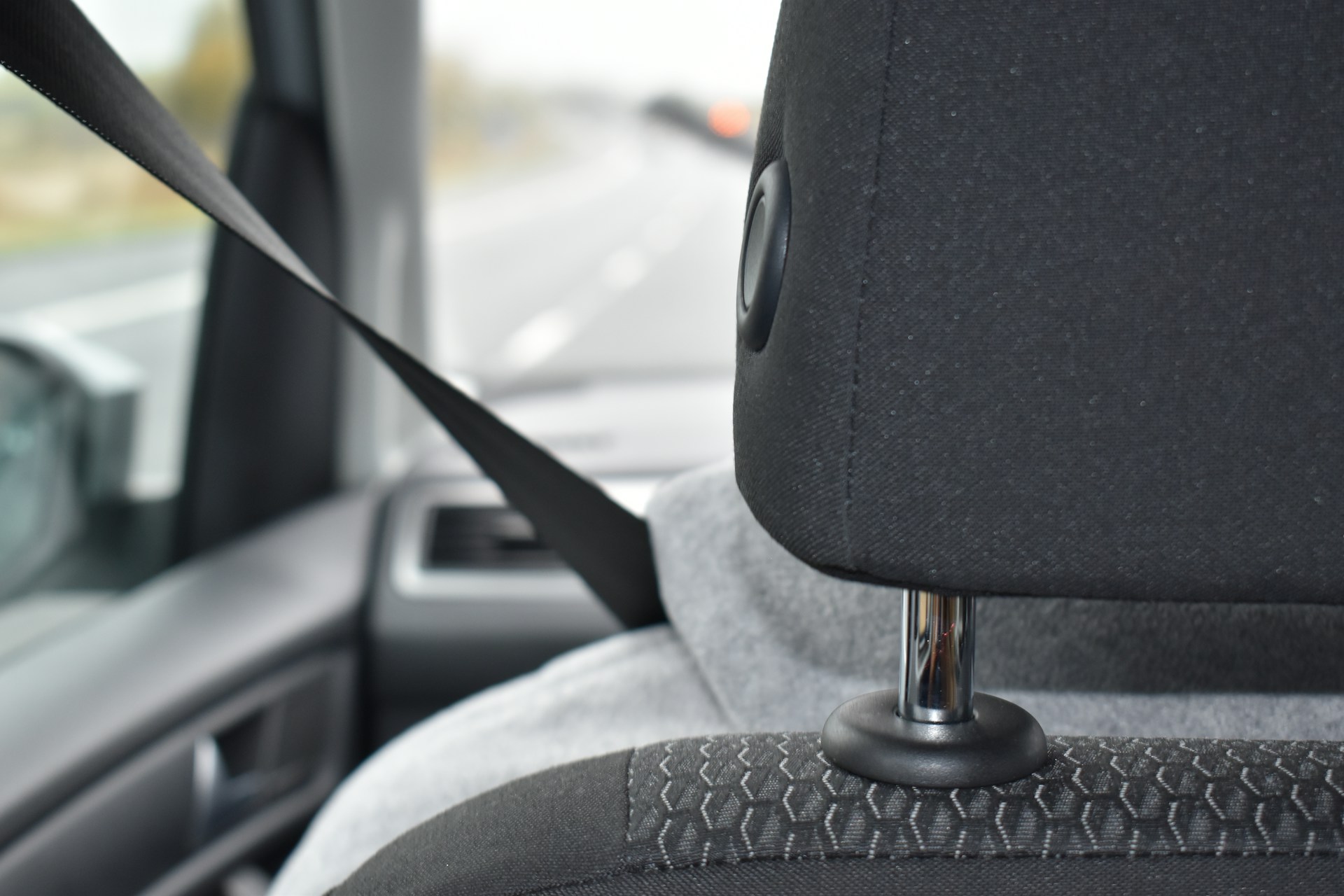Driving without insurance coverage is an issue that carries significant consequences, yet it remains a common practice among motorists. The reasons behind this behavior are numerous and varied. Some drivers take this risk due to financial constraints, finding the cost of insurance premiums unaffordable or unjustifiably high relative to their income or perceived need. Others may underestimate the potential costs associated with vehicle accidents, not recognizing that the average number of car accidents per person over a lifetime can result ina considerable financial burden without the insurance safety net.
Additionally, a segment of the driving population might ignore insurance requirements out of invulnerability, believing that their driving skills diminish the likelihood of their involvement in accidents. This cognitive bias overlooks a critical aspect of road safety: the unpredictable nature of other road users’ actions and the myriad external factors that can lead to a collision. Some individuals may also willfully drive uninsured, disregarding the law, unmoved by the legal and personal ramifications of causing an accident while uninsured.
Understanding the motivations behind driving without coverage is important for developing targeted interventions and public policies to reduce the number of uninsured motorists. By addressing underlying factors such as cost, risk perception, and comprehension of the legal requirements, initiatives can be crafted to encourage adherence to insurance mandates, ultimately enhancing the safety and financial security of all road users.
Motivations for Driving Uninsured
Many individuals drive without insurance coverage due to various circumstances and calculations. This section explores the predominant reasons why some drivers opt to take the risk of being uninsured.
Financial Constraints
For many, the decision not to purchase auto insurance stems from financial limitations. Insurance premiums can be a significant expense, particularly for those in lower income brackets or experiencing temporary financial hardship. The cost of coverage often competes with other pressing financial responsibilities, leading some to drive uninsured.
- Prioritization of Expenses: Individuals might prioritize immediate needs such as housing and groceries over auto insurance.
- Insurance Premium Costs: High premiums, especially for those deemed high-risk drivers, can be prohibitively expensive for some individuals.
Perception of Risk versus Cost
Drivers’ personal assessment of the risk involved in driving uninsured versus the cost of insurance coverage can influence their behavior. A common factor is the misperception of invulnerability.
- Risk Assessment: Some individuals believe they are less likely to be involved in accidents and thus view insurance as an unnecessary expense.
- Statistical Reality: While an individual might feel immune, statistics indicate that the average number of car accidents per person is not negligible, making the risk of driving uninsured substantial.
Legal and Societal Frameworks
Legal penalties for driving uninsured vary widely and can affect an individual’s decision. Societal norms and enforcement also play a role in whether or not a driver chooses to maintain insurance coverage.
- Legal Penalties: These may include fines, vehicle impoundment, or suspension of driving privileges, which can ironically worsen financial constraints.
- Enforcement and Norms: In regions with less stringent enforcement or where uninsured driving is more socially accepted, individuals may be more inclined to drive without insurance.
Consequences of Driving Without Insurance
Driving without insurance involves a range of consequences that can affect the driver, accident victims, and the community. These consequences can be immediate and long-lasting, with legal, financial, and personal implications.
Legal and Financial Repercussions
When a driver is caught operating a vehicle without insurance, they can face:
- Legal penalties: Depending on the jurisdiction, these often include fines, license suspension, and even jail time.
- Financial consequences: Uninsured drivers are personally liable for damages they cause in an accident. This could mean paying out of pocket for property damage, medical bills, etc.
Impact on Accident Victims
Victims involved in an accident with an uninsured driver may struggle to receive compensation for:
- Medical costs: Treatment expenses can be substantial, and without insurance, the responsibility falls to the uninsured driver or victims themselves.
- Vehicle repairs: Damages to a car or property can entail costly repairs or replacement, adding financial strain to the victims.
Long-Term Effects on the Uninsured Driver
Being uninsured can have various long-term effects:
- Insurance rates: Should the uninsured driver eventually purchase insurance, their past violation can lead to higher premiums.
- Credit score: Large debts from accident damages can negatively affect a driver’s credit score, impacting future loans and mortgages.






